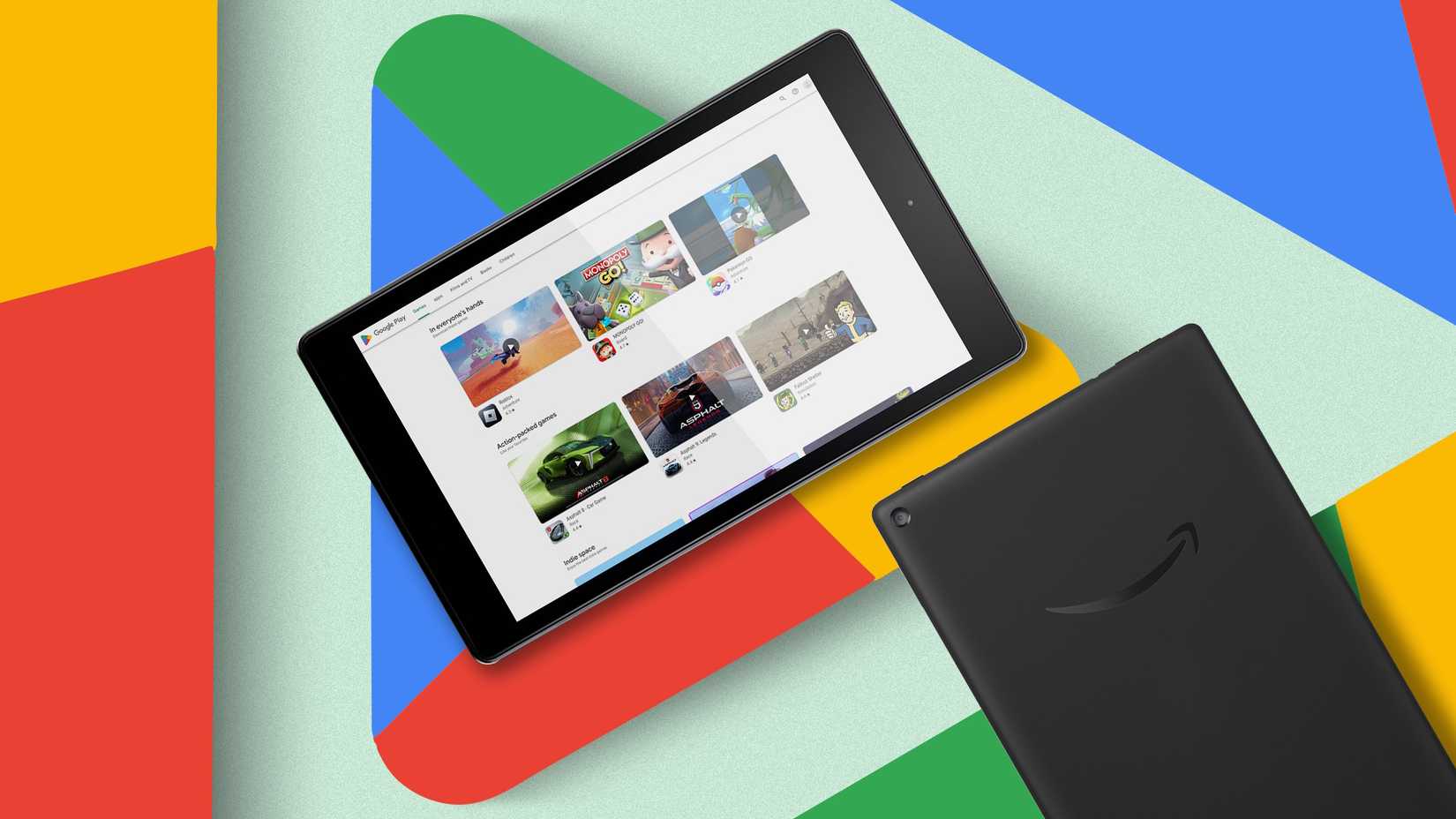In late August, Google announced new rules for sideloading on Android. Under the policy, all developers must verify their identity starting from 2026 for security reasons. The policy sparked controversy, with developers raising several concerns. F-Droid, an open-source Android app repository, even warned that Google will “break free app distribution” with this move. Now, in an attempt to calm the backlash, Google has responded to some key questions about its new rules.
First and foremost, Google clarifies that it is not killing or doing away with sideloading on Android with this move. Instead, it says, “our new developer identity requirements are designed to protect users and developers from bad actors, not to limit choice. We want to make sure that if you download an app, it’s truly from the developer it claims to be published from, regardless of where you get the app.”
Still, it does not address the fact that developers must pay Google for identity verification. Plus, they must accept the company’s terms and conditions and upload personally identifiable documents.
A free developer account won’t solve all the problems
Google will offer a free developer account for small developers distributing apps to a limited number of users. However, it still recommends registering for a standard account, as that will allow their apps to reach a wider audience. Otherwise, hobbyists, teachers, and students can stick with the free account — which doesn’t require a government ID — to distribute their apps to a limited group of users.
However, this will be a convoluted process and won’t be as easy as sharing the APK. Users will need to share their device identifier with the app developer. Once whitelisted on the Google Play console, developers can send instructions to users on how to download the app. This will allow Google to control how many users the app is distributed to.
Additionally, none of the changes will prevent developers from using Android Studio. They can continue to build and test apps using the IDE without any limitations.
Unfortunately, Google hasn’t addressed the biggest concerns around its new developer identification program. The change effectively makes Google the central hub for Android app distribution. Developers who don’t register with the company won’t even be able to offer their apps for sideloading outside the Play Store. No wonder F-Droid has slammed Google’s move, urging regulators to scrutinize the proposal.


